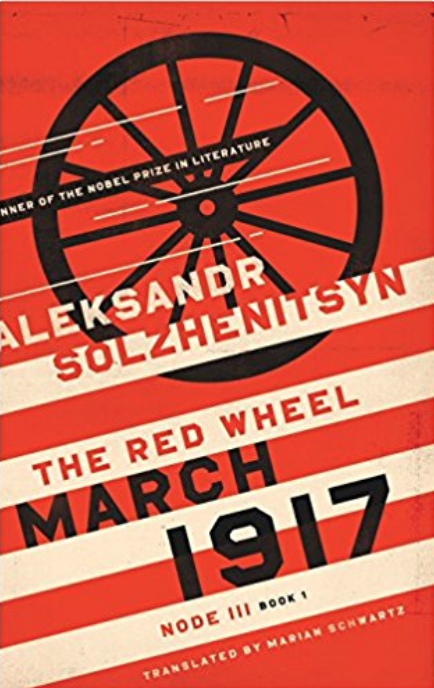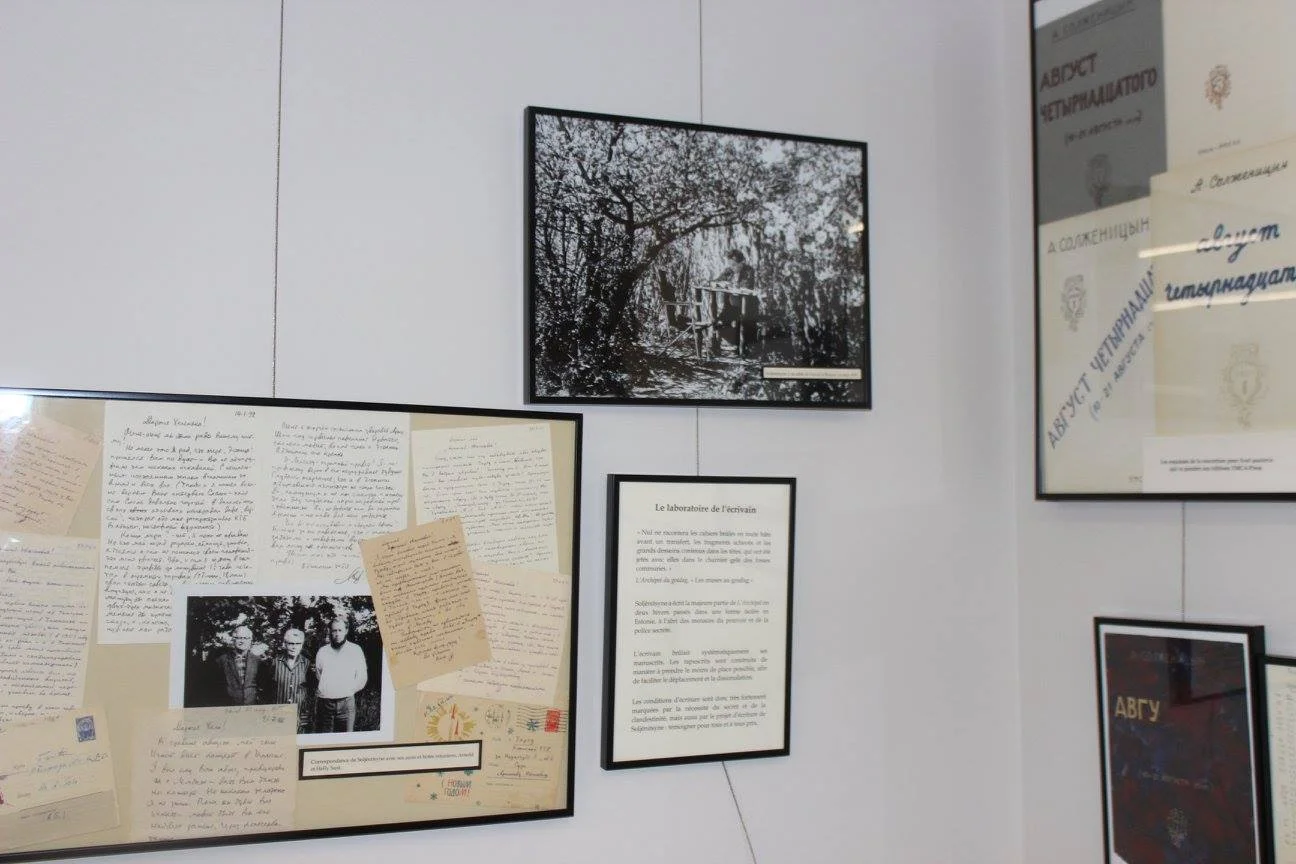University of Notre Dame Press Establishes New Solzhenitsyn Series
/The University of Note Dame Press has announced a major new Solzhenitsyn series, called The Center for Ethics and Culture Solzhenitsyn Series. March 1917: Red Wheel, Node III, Book 1, the first book in this series, will be published later this month. It is the continuation of Solzhenitsyn's epic Red Wheel novel, which begins with August 1914, then October 1916, and now March 1917.















